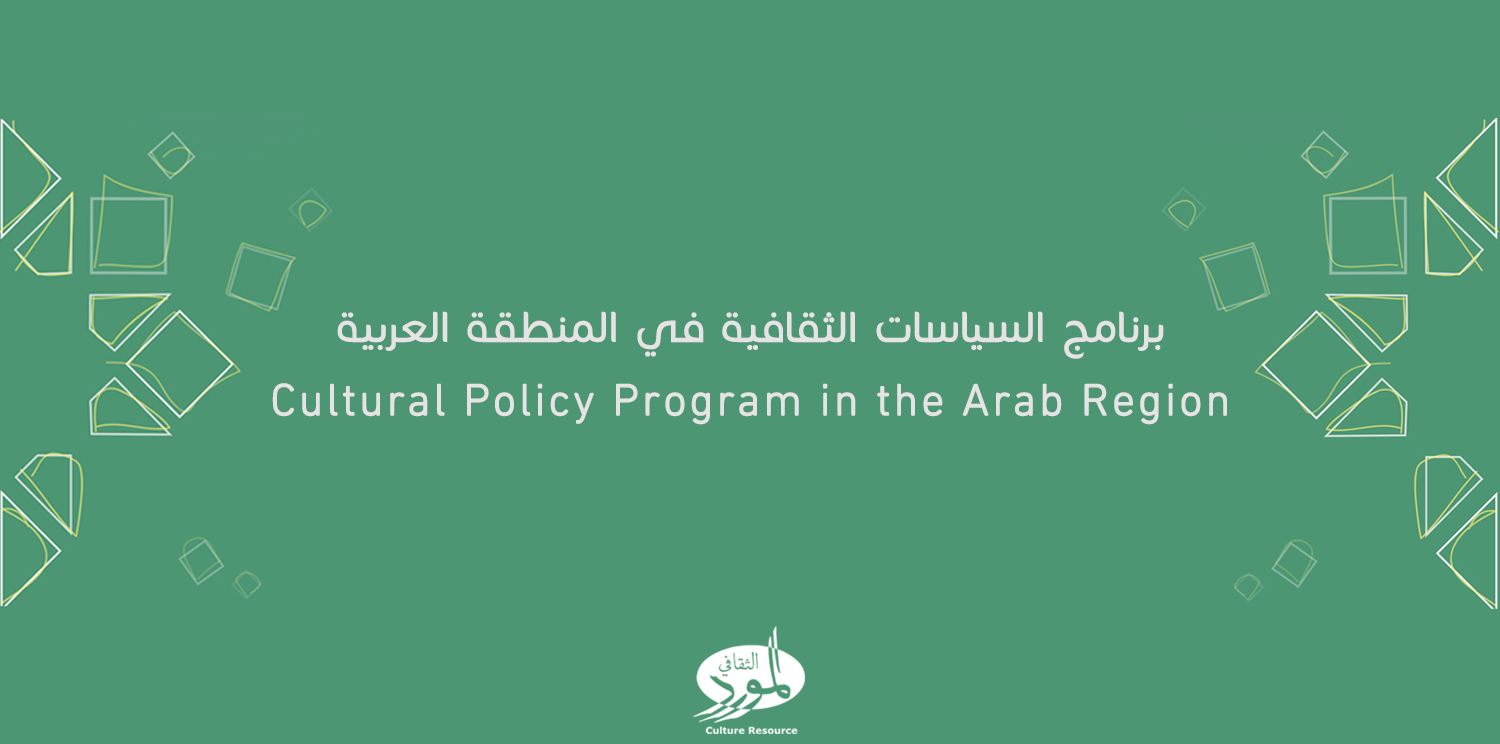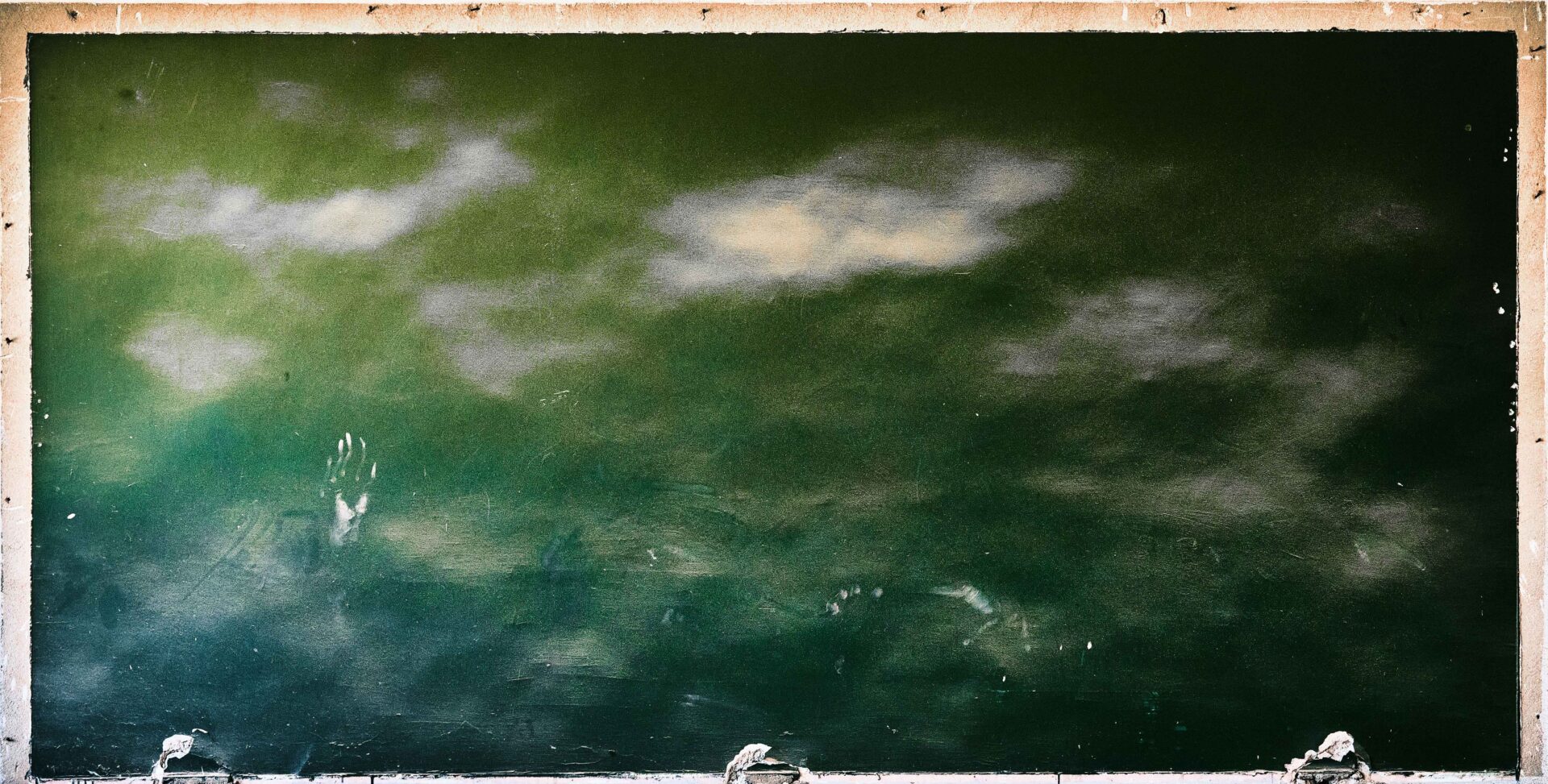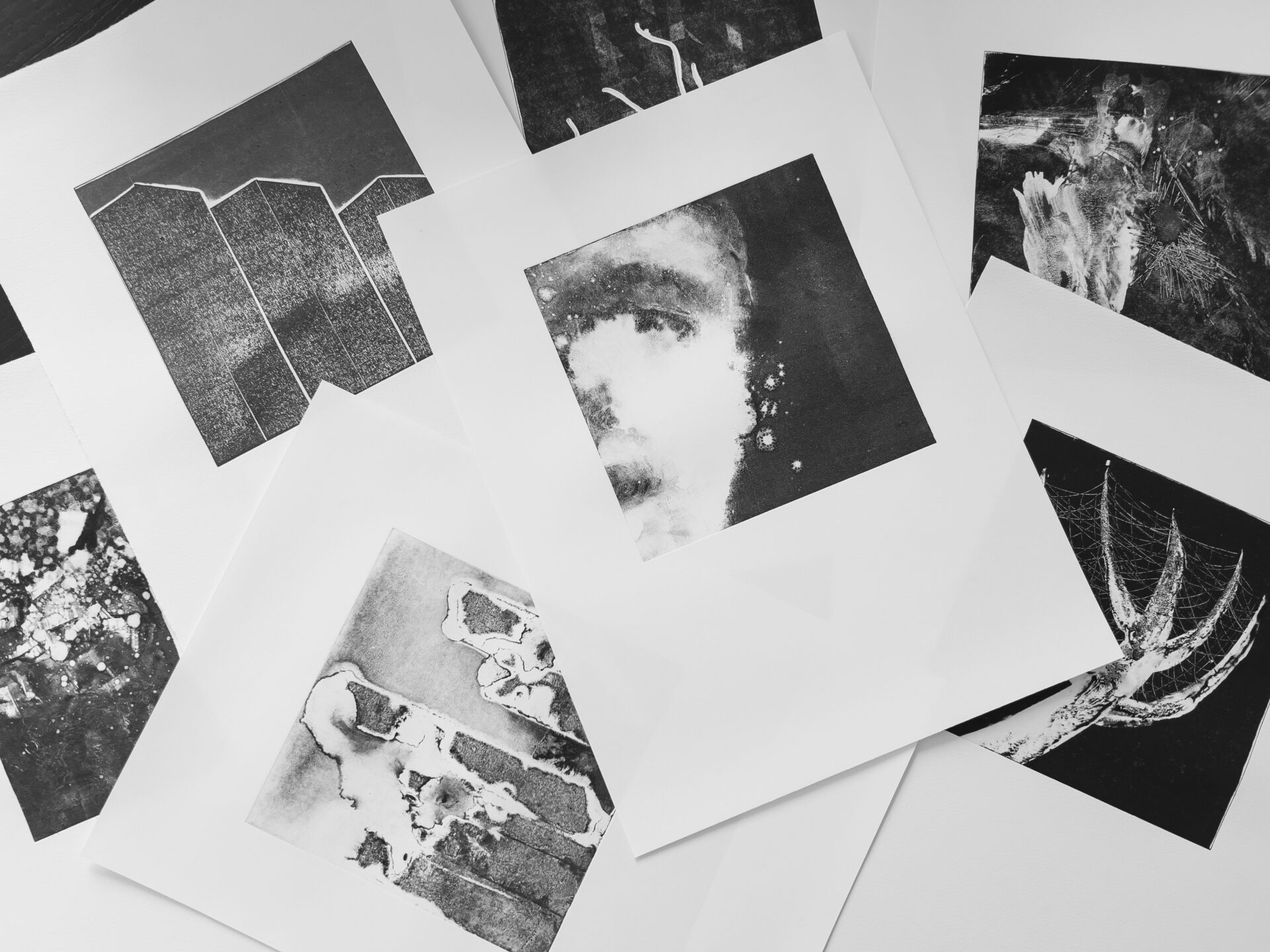Culture Resource is pleased to announce the winners of Culture Policy Grants which are designed to support national and regional projects and initiatives in the field of cultural policies in the Arab region. The call was open to cultural directors, artists and legal professionals with grant amounts of up to $8,000USD which were available for projects and initiatives that focused on the program’s four focal areas:
- freedom of expression and cultural rights
- making culture available to broader segments of Arab societies
- financing culture
- exploring forms and methods for the communal and professional organisation of artists and cultural groups
More than 240 applications were submitted from 12 Arab countries: Jordan, Algeria, Iraq, Morocco, Sudan, Yemen, Tunisia, Syria, Palestine, Lebanon, Egypt and Mauritania. An independent jury made up of experts and cultural activists chose the following 12 projects for grants:
1- Cultural City, Hod El Funun (Basin of Arts) Group, Jordan.
The aim of the project is to create a collaborative working environment between workers in various cultural fields in order to develop strategies and plans for developing cultural policies and confronting the challenges faced by areas in Jordan that are marginalised due to the centralisation of cultural services and cultural financing in the capital, Amman. The project includes an awareness-raising and training program to be organised at the beginning of the project.
2- Art is an Asset, Mohammed Idoum, Mauritania
This initiative seeks to organise and build the capacities of local cultural leaders in four major Mauritanian cities. The cities were selected on the basis of demographic density, cultural dynamism and the need for the formation and training of cultural workers in these regions.
3 – A Cultural Strategy for the Ramallah Municipality, Sally Abu Bakr, Palestine
The purpose is to build a clearly defined cultural strategy that focuses attention on the reciprocal relationship between the concepts of culture, citizenship and development, as well as on the need for a clear framework bolstered by commitments and realisable and measurable interventions. In addition, it emphasises the role of local authorities and the need to promote their influence in the development and implementation of policies with and for the people.
4 – A Comparative Study to Monitor and Strengthen the Cultural Rights of Minorities, Sabry Selim, Egypt.
Through a comparative study of the cultural rights of permanent and fluctuating minorities in Egypt, this research project will examine the two categories in terms of freedom of expression, their respective modes of cultural expression and the most important cultural outlets available to each of them in Egypt.
5- A Celebration of Public Spaces (Action to Revive Public Spaces), Trans-Cultural Dialogue (TCD), Algeria
The aim of is to investigate the architectural heritage and the collective memory of the abandoned buildings in the al-Hamma district of the Algerian capital. The project will also organise a range of different activities such as art labs, architectural field trips and exhibitions with the aim of generating awareness of this historical architectural legacy and the possibility of restoring the abandoned sites. Another dimension of the project is to promote ties and exchanges between various individuals, organisations, cooperatives and associations that are active in an autonomous and sustainable framework in the revival of the abandoned buildings.
6 – A comparative study, meetings and roundtables, Network of Independent Arab Screens (NAAS), Egypt
The main aim of the project is to respond to an array of questions related to the cinema in the Arab region in an attempt to learn the available capacities and potential for organising the relationship between the various the stakeholders in the cinema sector, whether governmental, independent or commercial. The need for such a project stems from the lack of clearly defined frameworks and mechanisms for the display and distribution of films in many Arab countries.
7- Cultural Rights for All Tunisians, L’Art Vivant Association, Tunisia
An awareness-raising campaign beneath the banner, “Cultural Rights for All Tunisians”, the project seeks to promote the cultural and artistic rights of the inhabitants of all Tunisian provinces.
8 – Cultures, Yasmin Zeidan, Algeria
The project is to create a website designed to disseminate knowledge about and promote Algerian culture and heritage.
9 – Freedom Forum, Nabil al-Khedr, Yemen
The project seeks to identify the potential for raising the ceiling of freedom of expression in Yemen by working with practitioners in the creative, intellectual and cognitive processes in order to develop a policy conducive to freedom of expression. The policy will be submitted to relevant government agencies such as the Ministry of Culture, Ministry of Information, Ministry of Communications and Information Technology and the Ministry of Human Rights so that it can be applied with respect to intellectual, creative and cognitive products.
10- Guide of organizing street activities, Forum des Alternatives Maroc (FMAS), Morocco
The purpose is create a participative handbook that compiles the legal and technological knowledge needed in order to organise artistic events and activities in the public domain. Consisting of two main segments – the legal and the technical – the handbook will enable artists and cultural workers to familiarise themselves with and correctly apply the legal and technical measures needed to ensure the success of the artistic events or activities they plan to organise in public spaces. The guide also seeks to encourage the new artistic energies, which are steadily increasing in the Moroccan cultural sphere, to design or adapt their creations for presentation in public spaces so as to bring their works within closer reach of the general public.
11- Workshops and Research, the Broudat Association, Tunisia
The purpose of the project is to review the laws and regulations that govern independent cultural work in Tunisia. The work will culminate in a proposal submitted to the agencies concerned with organising cultural work in Tunisia.
12- Culture Book, Koubaniya Association, Tunisia
The project is to launch a biannual journal specialising in cultural policies. The journal will be distributed free to organisations, institutions and government agencies concerned with cultural affairs in Tunisia.





